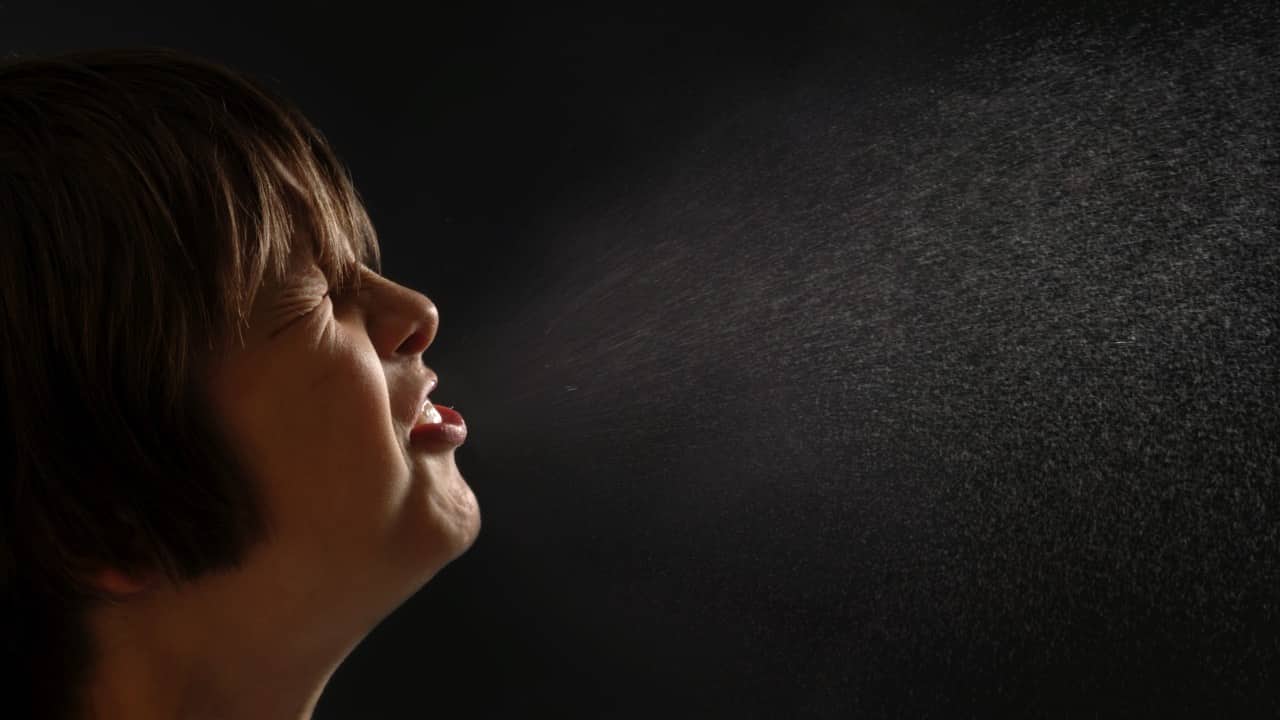For all you cleanliness freaks out there, here comes your way a dreadful, cringe-worthy read.
And for the introverts, all the more reason to stay in.
A curious sect of our species, the scientists have now developed a new technique to evaluate for how long our bacteria hang out in the place after we have sneezed or coughed. The method, Tandem Aged Respiratory Droplet Investigation System, or TARDIS (with sadly no connection to Doctor Who) allows the researchers to investigate the aerosols that we fire while we sneeze or cough, and for how long they are capable of staying there.
Although bacterial species capable of causing disease in those with existing diseases or conditions or capable of causing hospital infections have been extensively studied, we still don’t fully understand how a sneeze or cough can spread the infection.
A team from the Queensland University of Technology found that a subset of pseudomonas aeruginosa, bacteria associated with hospital infections, expelled from a sneeze or cough has a half-life of 10 minutes, and can still hang around for 45 minutes after.
Previously, through research, the same team had observed that these pathogens travelled up to 4 meters and stayed viable for 45
minutes after being coughed into the air.“To demonstrate the technique, airborne cough droplets were sampled from two patients with cystic fibrosis and chronic pseudomonas aeruginosa infection,” said Lidia Morawska, a co-lead in the research.
“As soon as cough droplets hit the air they rapidly dry out, cool and become light enough to stay airborne. They also partly degrade through contact with oxygen in the air, with larger droplets taking much longer to evaporate.”
Therefore, they hypothesize that the influencing factors were- where the droplets were being produced in the respiratory track, and the size of the droplets themselves. The larger droplets carrying bacteria would take longer to evaporate making them more resistant to decay and enabling them to maintain bacteria viability for extended periods.
Either way, next time I see someone sneezing/coughing I am sure to duck behind one of those sign boards. What is your plan?






























